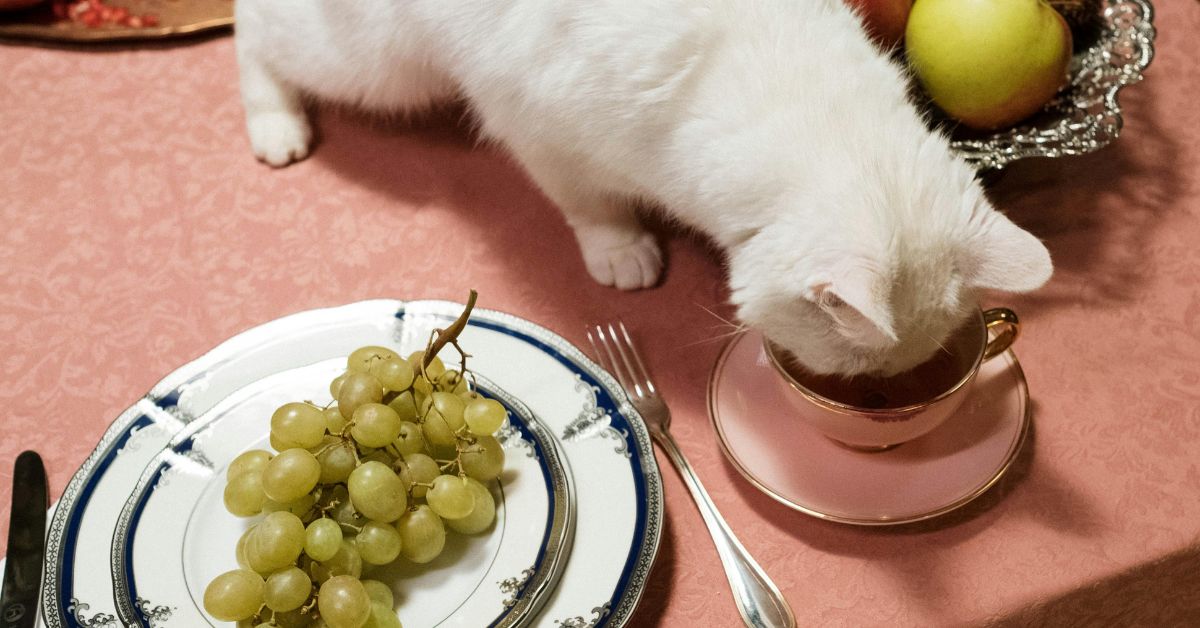If you are planning to bring a kitten into your family or you have already bought one, then the most common question is can kittens eat adult cat food? The answer is No. Because you need to understand the difference between the required nutrition of an adult cat and a kitten. Although it may seem convenient to use adult food for your kitten, it has a very bad effect on your kitten’s health. Let’s find out what can be the right food for your little furball.
Why Can’t Kittens Eat Adult Cat Food?
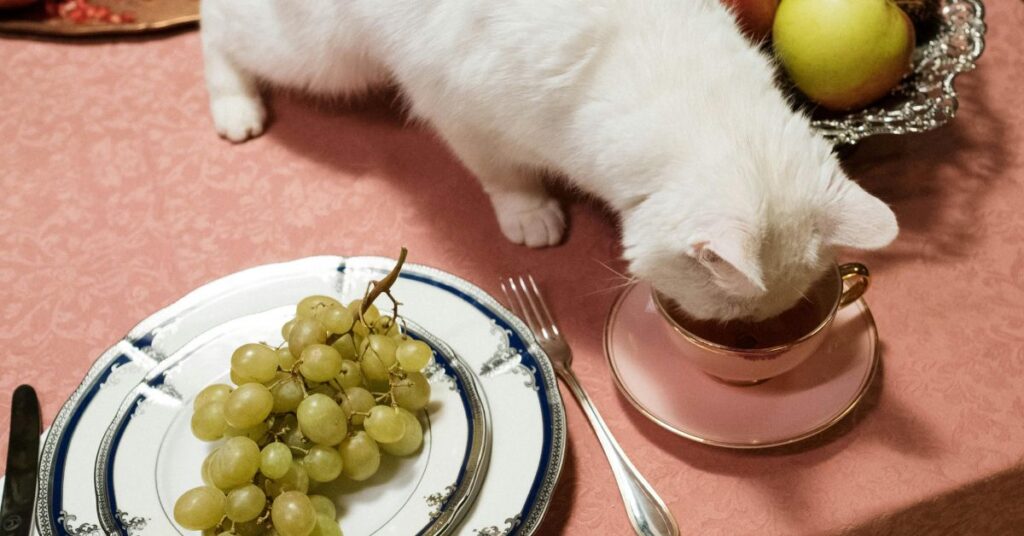
Not only is the kitten’s body structure different from that of an adult cat, but their needs and care are also different. This is the reason you should not feed your kitten adult cat food.
Energy needs: Kittens constantly run, play, and move around the house. They need to consume more calories for their high activities throughout the day. Most adult cat foods are low in calories so that they do not become obese, which does not satisfy the kitten’s need to consume more calories. Kittens need these vitamins and minerals during their growing years which keep their bodies fit so that they can get maximum benefit from them.
Smaller pallet: Kittens’ food is made according to the kitten’s teeth so that they can chew easily and are also easy to digest. Adult cat food pallets are larger in size which can damage the kitten’s gums and cause choking while swallowing.
Essential Nutrients: Kittens need essential nutrients like calcium, omega 3 and multivitamins. Amino acids like taurine are very helpful in strengthening their fur and immune system. These vital nutrients are important for their brain development, bone health, and muscles. Their diet should also be rich in protein and fat.
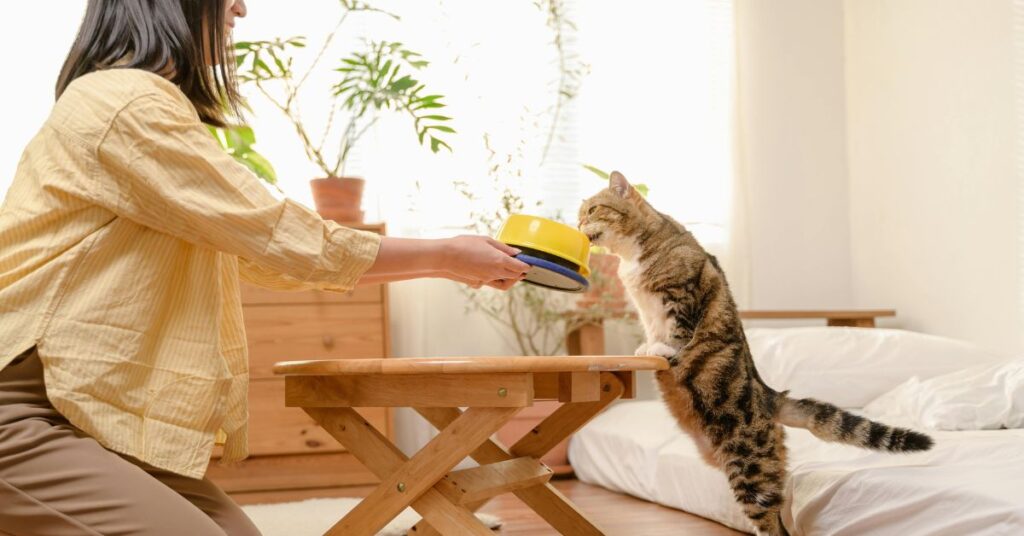
when can kittens eat adult cat food?
The best time to switch from kitten food to adult food is when they are fully grown. Which is around 11 to 12 months depending on the breed. Small cat breeds like siame and munchkin cats mature in 10 to 12 months. Large cat breeds like Ragdoll, Maine coon or Savannah take 20 to 24 months to mature fully.
The proper way to Transition Kittens to Adult Cat Food
These are some steps by following which you can transition your cat to adult cat food without upsetting its digestive system.
- Use 80/20 ratio. 1. For the first week, mix 80% kitten food with 20% adult cat food
- For the next 2 weeks, gradually increase the percentage of adult cat food. Mix both kitten/adult food by 50%
- For the 4th week, increase the amount of adult cat food to 80% in a 20/80 ratio.
- After one month, you can switch your mature cat to full adult cat food.
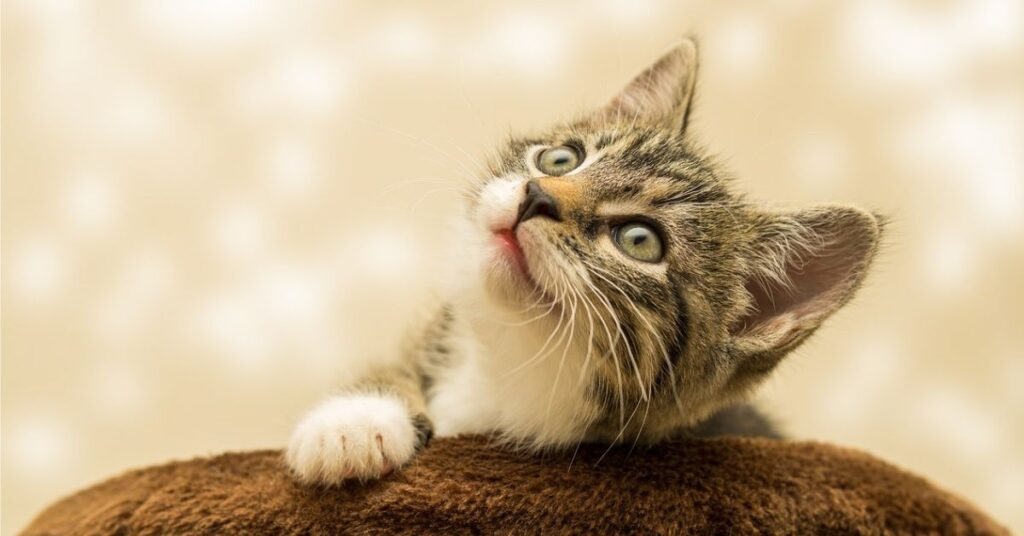
Tips for Feeding Your Kitten
Don’t give them human food: I know you do this out of love but sometimes human food can be poisonous for your little furball just like hot spices can cause burns in their digestive system. Giving them sweets can cause skin problems and things like chocolate can be poisonous for them.
Water intake: Felines always prefer to drink fresh water. Kittens are prone to dehydration. You can use a water foundation. Wet cat food is also a better option to maintain kitten hydration. Be sure to keep a water bowl near the bowl and provide fresh water at all times.
Good Quality Food: There are many reputed kitten food brands in the market that provide the required nutrition. Use kitten food that is made from real meat and avoid those made from filers like soy or corn.
Do not change food brands frequently as this can upset your kitten’s stomach.
Make a feeding schedule: It is important to feed kittens 3 to 4 times a day. Try to feed them in smaller quantities, as overeating might make them unwell. Treat them while teaching other skills.
Consult your vet: If your kitten’s stomach is getting spoiled repeatedly, take it to the vet so that he can guide you about its diet according to its weight, age, and breed. Regular checkups can monitor whether the kitten’s obesity and nutrition are being properly monitored.
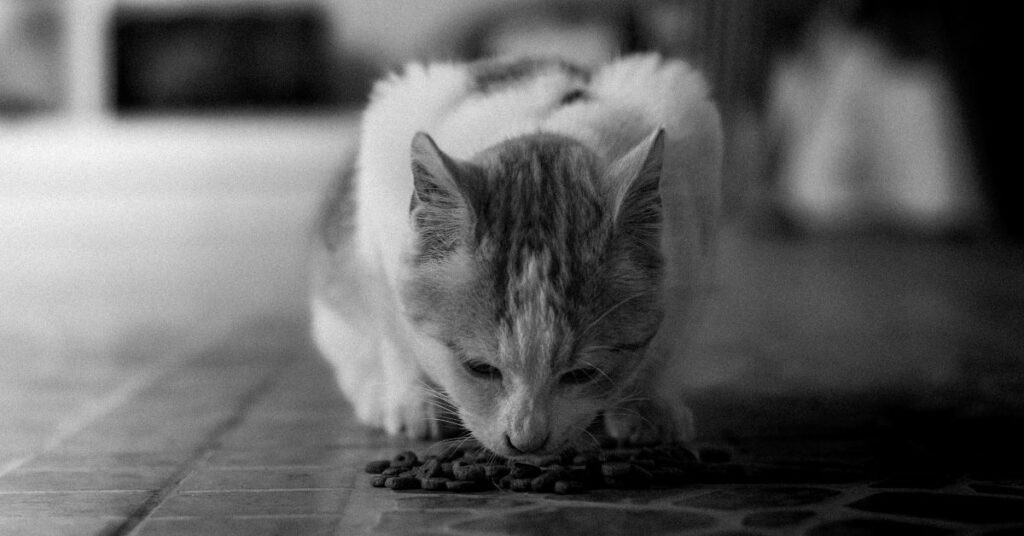
What if I give adult food to a kitten?
Feeding adult cat food occasionally will not cause much harm to the kitten but if fed continuously, the kitten will not get many essential nutrients, its immune system will not become strong and it may have to face many deadly diseases. These are some of the major health issues that it may face:
- weak bones
- hair loss
- poor skin and coat quality
- stunted growth
- weak immune system
- fatigue
Can adult cat food give kittens diarrhea?
Any sudden change in the kitten’s diet is the biggest cause of diarrhea. If your cat has fully matured, then only switch it to adult cat food gradually. There can also be other causes of diarrhea such as eating something poisonous, worms in the stomach, or liver infection. If you have not made any sudden change in your kitten’s diet, but still your kitten is having diarrhea or vomiting continuously, then you should take it to the veterinarian immediately.
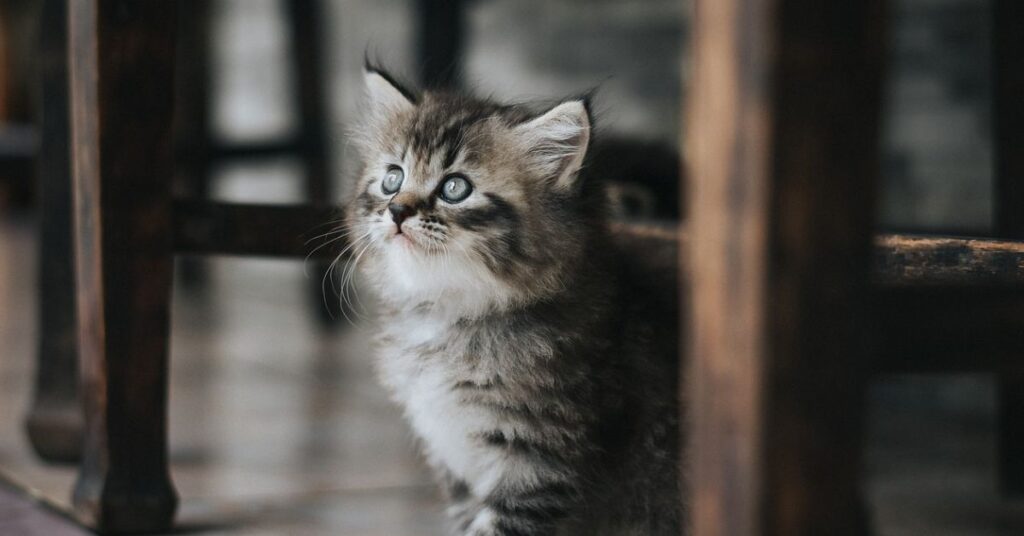
can kitten drink cow milk?
Most cats are lactose intolerant which means they cannot digest milk. Due to this, it will not be possible to feed milk to kittens. This can cause them to face problems like diarrhea or constipation. Cats are completely carnivorous animals that get 90% of their food from meat.
It is a big myth that cats love milk. All animals need their mother’s milk for the first few months of their life which strengthens the immune system of the babies. But after that period, they do not have the desire to take milk from any other source. So, do not feed milk to your kitten.
Can kittens eat adult cat treats?
No, just like adult cat food, treats can also harm the kitten’s digestive system. When the kitten is 10 months old, you can slowly start giving treats in small quantities. Tuna fish-flavored treats are their favorites. You can make your kitten happy by giving them a reward of a treat.
Can a 6 month old kitten eat adult cat food
No, not before 12 months.
Is it OK to feed older cats kitten food?
No, because it contains high calories which can make an adult cat obese.
What time should I deworm my cat?
Deworming should be done at least once in 2 months on an empty stomach.

I am Saral Kumar, a passionate blogger who dedicates my time to providing valuable information on pet care, especially cats. I create content that helps cat owners to understand their furry friends better and take care of them. I have spent the last decade trying to understand cats better. So I am sharing my valuable insights and tips with my fellow cat enthusiasts through writing.
